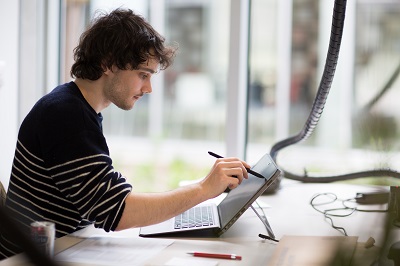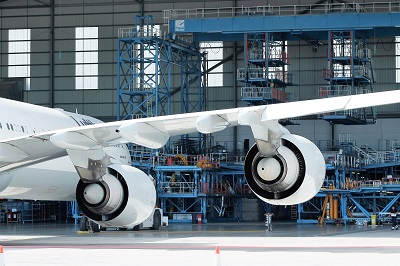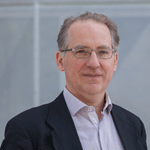
The advantages of an in-company thesis abroad
On November 1 2024
Research partnerships can take many forms. Telecom SudParis and TriaGnoSys, a small German company, have set up an international doctoral thesis project. It enables academic laboratories to conduct research and development work in conjunction with the company, and the company to remain at the forefront of innovation. Let’s take a look back at a successful partnership research on artificial intelligence applied to predictive maintenance in aeronautics.
Internships, a starting point for a new kind of collaboration
A student from Telecom SudParis - a school that benefits from the Carnot Telecom & Digital Society label for its research - did his master's internship abroad to validate his diploma. He chose TriaGnoSys, a small German company (bought by Zodiac Aerospace), which specializes in satellite links for aircraft and cabin computer systems.
Once at the end of his internship, the student wanted to continue his academic journey with a thesis on an assignment contract for the duration of the project. It was only natural that he should then turn to Telecom SudParis for the supervision of his thesis. Both parties were interested in the idea. His intended topic was predictive maintenance in aeronautics. "When an aircraft is in flight, sensors collect data that is processed in order to anticipate the parts that will need changing when there is a stopover " explains Sophie Chabridon, a computer science lecturer at Telecom SudParis, specialized in distributed systems. "We wanted to explore the processing of anomalies in real time. To make the calculations necessary for predictive maintenance, both the computing resources available on board the aircraft and those of more powerful computers on the ground are used. Satellite links between machines onboard and on the ground are not always of sufficient quality (sometimes the communication takes too long or is interrupted, etc.). The idea is to optimize the calculations on these distributed systems".
Added value for the school and the business
For TriaGnoSys, hosting a PhD student was a way of testing research results and boosting skills in predictive maintenance. It was also a way of showing that the business is on the cutting edge in the application of academic work and contributing to knowledge transfers. For Telecom SudParis, it is a way to conduct research with businesses and see if it meets real needs.
Sensors provide a significant amount of information and their relevance is essential for making the right decisions. "I work on the quality of information for connected objects. I was interested in understanding the specific needs of the business and proposing solutions related to the reality in the field. At the same time, it validates our theoretical results" says Sophie Chabridon.
A winning partnership
After three years of research, the thesis was published under the title "Detection of anomalies on flight data in real time with heterogeneous communicating agents". It met the objectives set by both parties: the development of a real-time maintenance system. The research was original and gave a boost to the business which then welcomed four new trainees to work on the topic. Telecom SudParis published the results and fulfilled its mission of confronting theoretical results with the real needs of businesses. Since then, Zodiac Aerospace has joined the Safran Group.
Setting up a thesis with a business abroad
 Welcoming a PhD student in a business abroad is comparable to the CIFRE in France. The financing by the business is the only difference. The student divides their working time between the laboratory and the business. A management team is available to offer tailored help at Telecom Sudparis, depending on the doctoral student's topic.
Welcoming a PhD student in a business abroad is comparable to the CIFRE in France. The financing by the business is the only difference. The student divides their working time between the laboratory and the business. A management team is available to offer tailored help at Telecom Sudparis, depending on the doctoral student's topic.
Sophie Chabridon, a specialist in distributed systems and the Internet of Things, manages the thesis and Yohan Petetin, an expert in machine learning, supervises it. The aim of the thesis is the same: to strengthen exchanges between research laboratories and businesses. The in-company theses abroad are little known and should be encouraged. "A thesis is always a gamble for both parties because you commit to three years. What is ideal is to start with an internship before committing to several years" explains Sophie Chabridon.
Confronting the results of research with the needs of companies is essential for engineering schools. Validating the results of the research is rewarding for a company and allows to set itself apart from the competition. The thesis in business abroad is one way to forge successful partnerships between the school and the corporate world.







